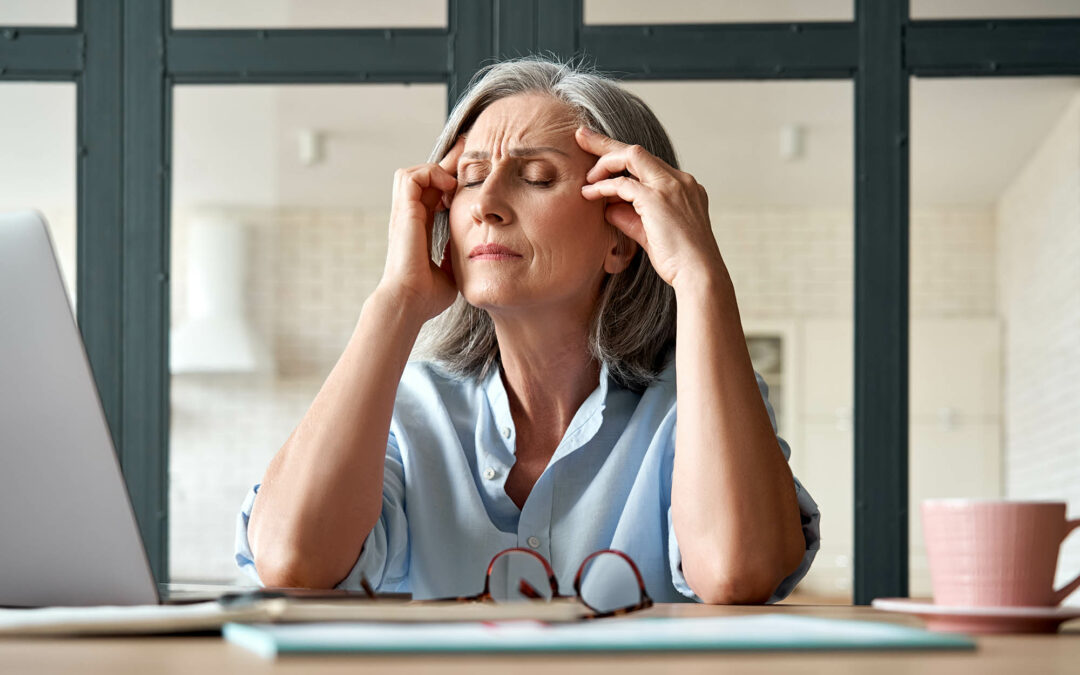Understanding the source of a patient’s chronic pain is one of the most important keys to treating pain. Along with injury, strain and aging, hormones can also be one of these causes. And, since menopause has such a significant impact on hormones, it can bring with it an increase of chronic pain symptoms. CPI’s Bedford doctors accepting new patients have taken the time to unpack this phenomenon a bit in this month’s blog. Read on to learn more.
Hormones & Pain
Chronic pain specialists have known about the connection between hormones and pain for quite some time. Studies show that this connection is especially pertinent with varying levels of sex hormones as well as with hormone deficiencies. For example, some hormone deficiencies are associated with a lowered ability to control pain.
Not only do hormones have an impact on pain, but the reverse is also true: pain has an impact on hormones. Patients who live with chronic pain conditions typically experience an elevated level of cortisol. Over time, this can lead to obesity, immune deficiencies, osteoporosis, headaches and more.
Hormone Deficiencies Related to Menopause
Menopause-related hormone changes begin in the phase known as perimenopause. Perimenopause refers to a transitional phase that can last anywhere between 2 and 10 years. During this phase, hormones fluctuate quite a bit as a result of a woman’s body moving towards the end of her reproductive cycle life. These changes continue throughout the perimenopause phase and the menopause phase.
Although many changes occur, there are three hormones that women can expect to see the greatest deficiency in during that time and into the post menopause phase. Each of these have a significant impact on chronic pain symptoms and pain tolerance:
- Estrogen
- Progesterone
- Testosterone
Bedford pain management associates offer a comprehensive and multi-disciplinary approach to chronic pain management, taking these hormone deficiencies into account. If you or someone you love are living with chronic pain and menopause, don’t hesitate to schedule a consultation with us at one of our three convenient west Texas locations: Bedford, Benbrook and Lewisville.
Additional Menopausal Pain Contributors
Hormone fluctuations are not the only menopausal factor that impacts a woman’s chronic pain symptoms. Additional symptoms include the following:
- Poor sleep quality
- Weight gain (extra strain on joints)
- Mood changes
- Headaches
- Joint stiffness
- Muscle aches
- Fatigue
- Depression and/or anxiety
We recommend consulting with a member of your care team to address these issues along with chronic pain symptoms. It’s important to remember that opioid medications can be addictive so it’s important to seek alternative therapies for long-term solutions.
Bedford Pain Management Associates
No matter the cause of your pain, the chronic pain specialists at Comprehensive Pain Institute are here for you. We treat a variety of conditions with compassionate, innovative healthcare that exceeds our patients’ expectations. Contact us today to schedule a new patient consultation in one of our three convenient west Texas locations. We can’t wait to meet you!

